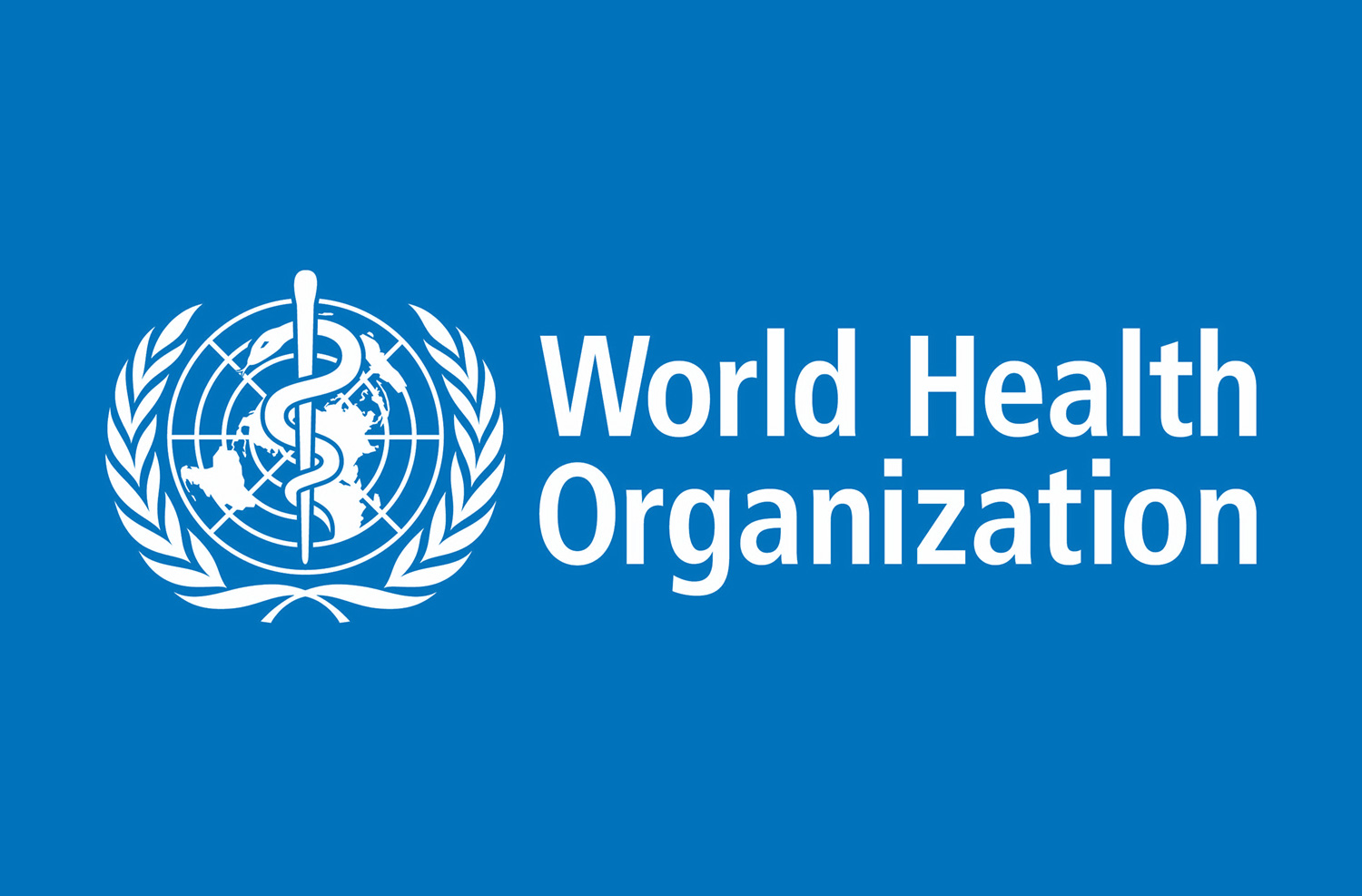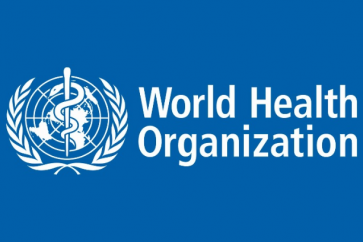World health officials have warned that countries are not taking the coronavirus crisis seriously enough, as outbreaks surged across Europe and in the United States where medical workers sounded warnings over a “disturbing” lack of hospital preparedness.
Global markets tumbled again over concerns about the impact on the economy and as countries took more drastic steps to prevent contagion of a disease that has killed over 3,300 people and infected nearly 100,000 in some 85 nations.
Cases soared in Italy, France, Greece, and Iran, while a cruise ship was held offshore in California to test passengers showing symptoms of the disease — echoing a harrowing episode in Japan several weeks ago that saw hundreds infected on a luxury liner.
The epidemic has wreaked havoc on international business, tourism, sports events, and schools, with almost 300 million students sent home worldwide.
Even religion is affected: The Vatican said Pope Francis may have to change his schedule, tourists have been barred from Bethlehem, and Saudi Arabia emptied Islam’s holiest site in Mecca to sterilise it.
China — where the virus emerged late last year — still accounts for the majority of cases and deaths, but infections are now rising faster abroad, with South Korea, Iran and Italy major hotspots.
The World Health Organization warned Thursday that a “long list” of
countries were not showing “the level of political commitment” needed to “match
the level of the threat we all face”.
“This is not a drill,” WHO chief Tedros Adhanom Ghebreyesus told reporters.
“This epidemic is a threat for every country, rich and poor.”
Tedros called on the heads of government in every country to take charge of the response and “coordinate all sectors”, rather than leaving it to health ministries.
What is needed, he said, is “aggressive preparedness. “In the United States, the largest nursing union said a survey of thousands of nurses at hospitals showed “truly disturbing” results.
“They show that a large percentage of our nation’s hospitals are unprepared to safely handle COVID-19,” said Jane Thomason, a hygiene specialist with the union.
Nurses are working without necessary personal protective equipment and lack education and training for handling the disease, said National Nurses United director Bonnie Castillo.
Source: AFP




